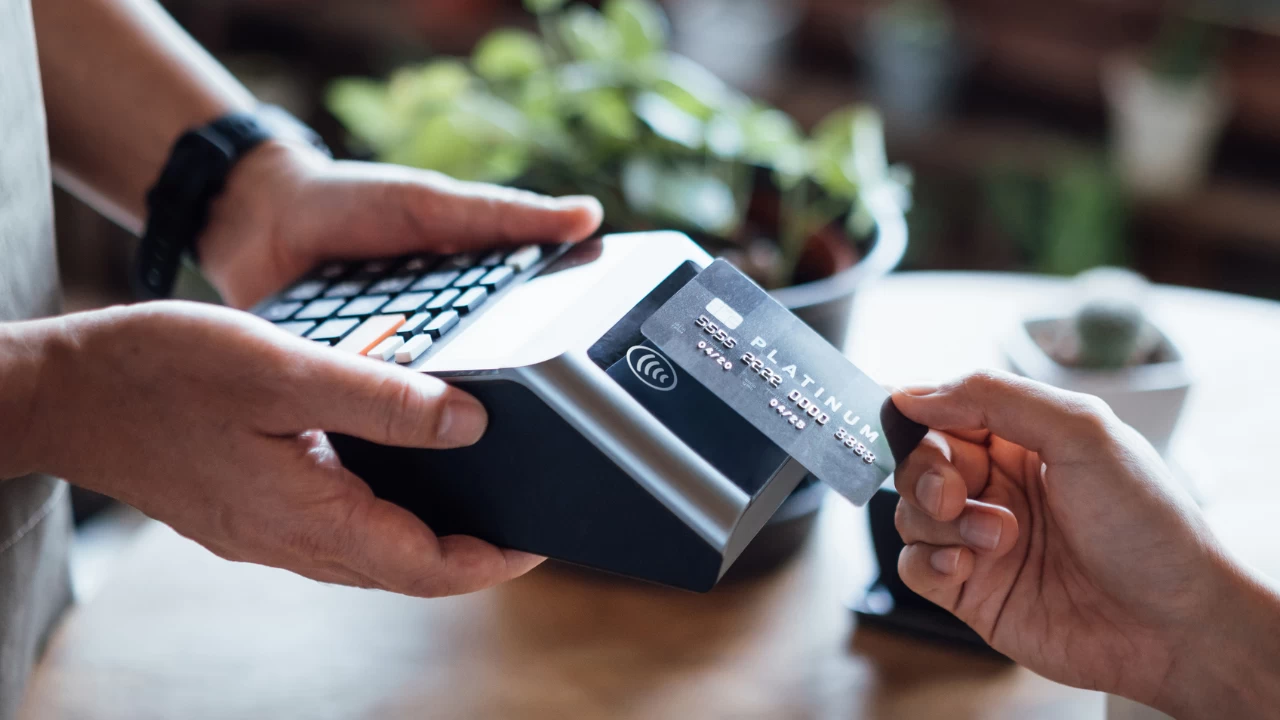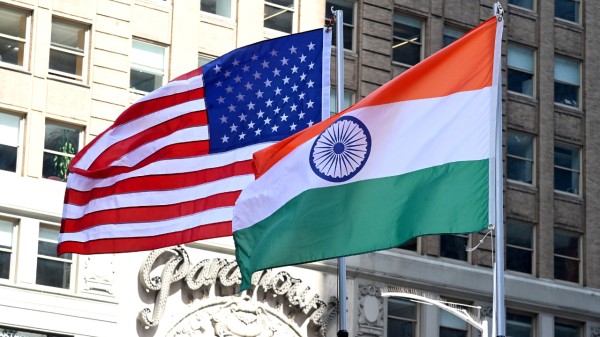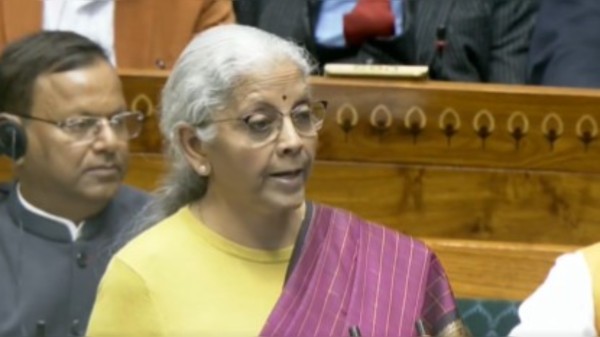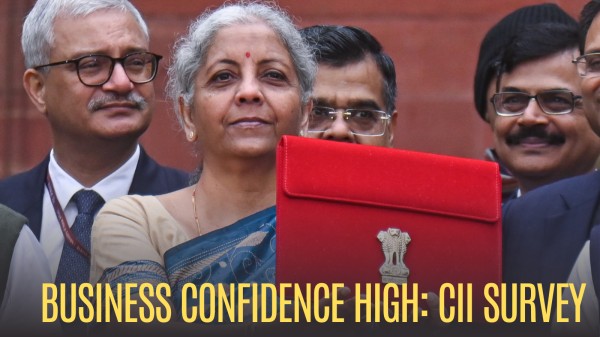

By signing in or creating an account, you agree with Associated Broadcasting Company's Terms & Conditions and Privacy Policy.


By signing in or creating an account, you agree with Associated Broadcasting Company's Terms & Conditions and Privacy Policy.

Kolkata: IDFC FIRST Bank has caught many in the credit card market of India unawares by announcing that interest rates on its credit cards will start from 8.5%. It comes in an industry where the interest rates usually hover between 34%-35% and 46%.
The most significant part is that the bank is not applying a flat rate for its customers. It has switched to an Annual Percentage Rate system, which is a dynamic rate, which will factor in the creditworthiness, credit profile and repayment behavior of each customer and determine the rate of interest to be charged on him/her. The bank says this will make the system fair and transparent.
Like other offerings IDFC First Bank credit cards also offer a bouquet of benefits. The reward points on these don't expire and customers have the freedom to redeem points according to their convenience.
Significantly, these cards allow customers a period of 45 days within which they won't be charged any interest even if they use these cards for cash withdrawal from ATMs. This feature is quite unique since interests are charge don cash withdrawal from ATMs without allowing any free time window. The annual percentage rate system is suited to the financial behavior of the customer which appears to be fair.
Significantly, only recently IDFC FIRST Bank launched Unified Payments Interface (UPI) services for NRIS in 12 countries, which they can use even without an Indian SIM card. these countries are Australia, Canada, France, Hong Kong, Malaysia, Oman, Qatar, Saudi Arabia, Singapore, the UAE, the UK and the US. This facility helps an NRI to opt for UPI transactions using international mobile numbers. However, these phones have to linked to NRE or NRO accounts with the bank. And there are no transaction fees for this service. The bank says the degree of security is the same as UPI services in India. Therefore, it will allow an NRI in these countries to make instant money transfers and bill payments using phone numbers, QR codes and UPI IDs -- just as they can be done in India.












